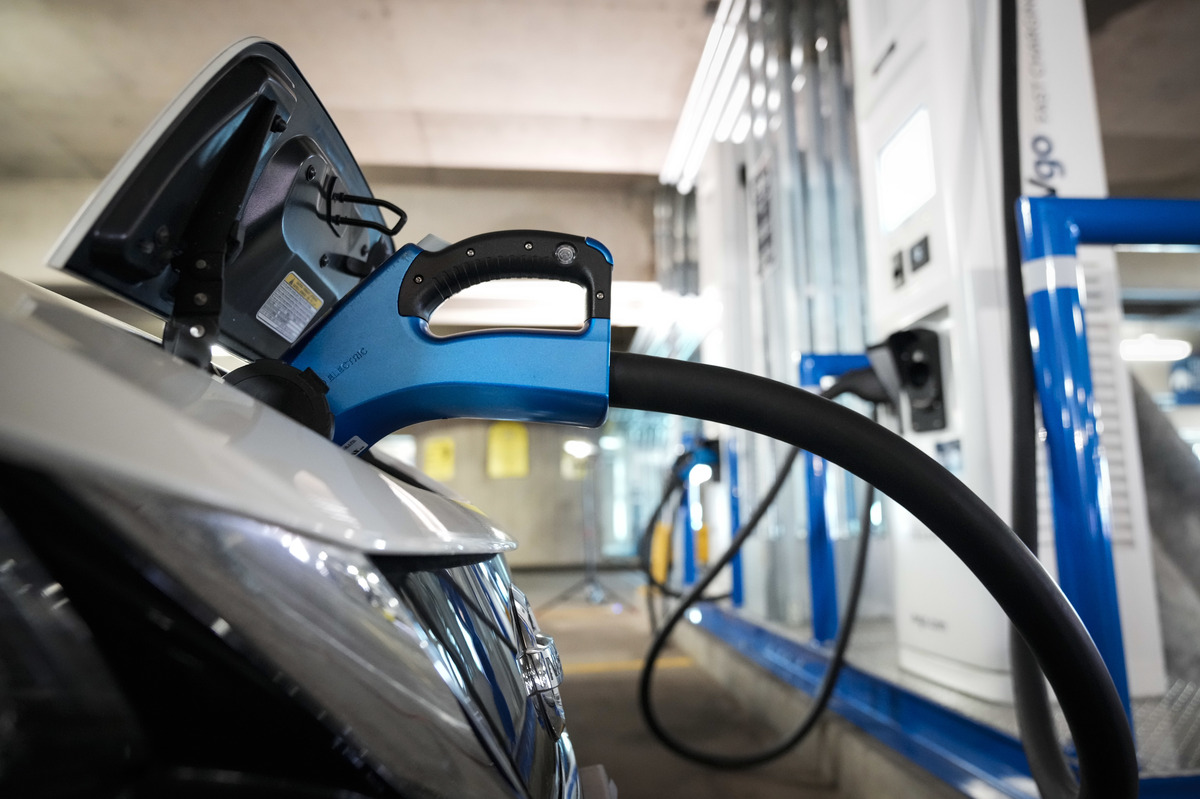Table of Contents

Nations at the COP26 convention in Glasgow pledge to accelerate the transition to 100% new zero-emission car product sales.
Drew Angerer/Getty Photos
hide caption
toggle caption
Drew Angerer/Getty Illustrations or photos

International locations at the COP26 convention in Glasgow pledge to accelerate the changeover to 100% new zero-emission auto sales.
Drew Angerer/Getty Pictures
A group of governments, automakers and others have signed on to an agreement to changeover to 100% zero-emission sales of new automobiles and vans by 2040 globally and by 2035 in “leading markets.”
Fifteen countries also agreed to a different pledge to get the job done toward 100% zero-emission gross sales of new vans and buses by 2040.
The agreements, the two of which were declared at the COP26 local climate meeting in Glasgow, were being hailed as a substantial stage toward decarbonizing the automotive business. Cars and vans emit around a single fifth of U.S. greenhouse gasoline emissions, according to the Union of Anxious Scientists.
But the agreements have been also noteworthy for the names that were being missing. The world’s greatest vehicle marketplaces, such as the U.S., China, Germany, South Korea and Japan, were absent from the pledges, and the major two worldwide automakers (Toyota and Volkswagen) also didn’t indicator.
“COP26 marks the close of the highway for the internal combustion motor. Today we are looking at major commitments from companies, traders, fleet operators, international locations, cities, states and areas,” Helen Clarkson, CEO of the nonprofit Local climate Group, mentioned in a assertion.
“Those not at the desk on Transportation Day are on the improper aspect of historical past,” she included.
Cars and vans
Even though not legally binding, the COP26 declaration to velocity up the transition to 100% zero-emission new motor vehicle and van sales sets a world purpose of 2040, with the changeover slated to come about 5 many years earlier in “foremost marketplaces.”
Automakers together with Ford and Typical Motors vowed to operate towards the aim “supported by a organization approach that is in line with achieving this ambition.”
A team of towns, states and regional governments reported they would attempt to convert their auto and van fleets to zero-emission cars by no afterwards than 2035.
The signatories that represented “foremost markets” promised to give help to establishing nations and emerging markets to assist in their transition to new zero-emission automobile gross sales, though a comparable pledge by wealthy nations in the Paris Accord in 2015 has not nonetheless been satisfied.
Vehicles and buses
The other pledge, spearheaded by the Netherlands and the nonprofit group CALSTART, targets medium- and heavy-obligation vehicles and buses.
“Globally, freight vans and buses signify about 4% of the on-street fleet globally but are responsible for 36% of greenhouse gas emissions, and about 70% of nitrogen oxide emissions that add to local air air pollution,” Cristiano Façanha, CALSTART’s world wide director, claimed in a assertion. “This makes vehicles and buses a extremely powerful goal for quickly decarbonization.”
Amid the signatories ended up the U.K., Canada, the Netherlands and Chile.
The group set an interim objective of owning 30% of all new truck and bus sales be zero-emission cars by 2030, with an overall purpose of obtaining all gross sales be zero-emission by 2040.
They explained the changeover would have to have major investments in battery and electrical part producing as nicely as charging infrastructure.
Façanha explained the group has been keeping conversations with other nations around the world about joining the memorandum of being familiar with.

